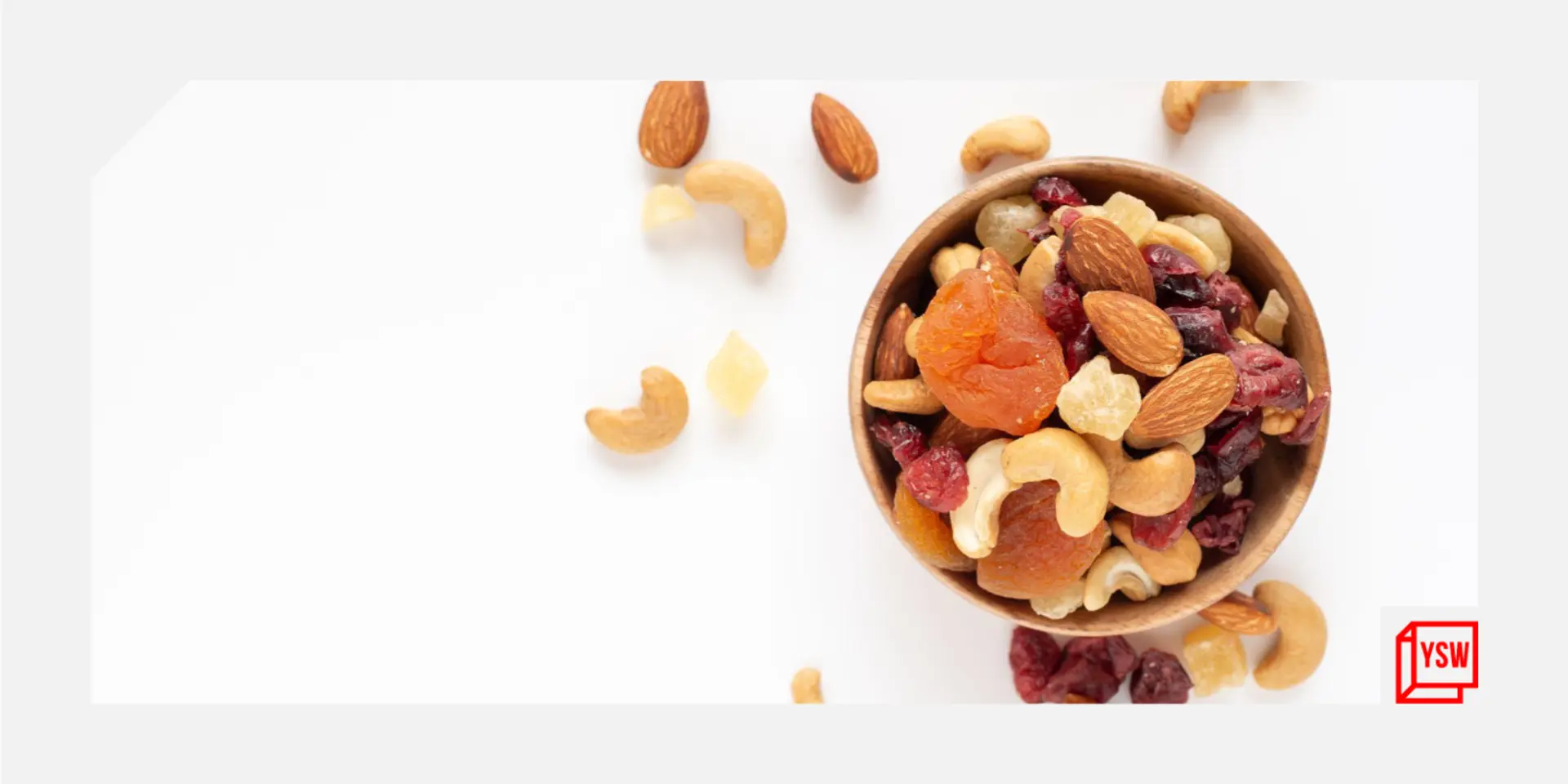Bust the myths around snacking
Vikas Nahar, CEO and Founder, Happilo International, writes why the right kind of snacking in between meals is a great way to fulfil daily dietary requirements in a nutritional way.
It’s ironic how our minds link the word snacking to an unhealthy habit. Snacking, in the literal sense means consuming small portions of food or drinks or light meals in between regular meals.
It is often misunderstood and linked to eating highly-saturated foods with a very low nutritional profile.
With social media being a major source of networking between individuals, groups and communities, it has now become easier to dole out opinions, beliefs and conclusions that might not necessarily be scientifically backed. And yet, these succeed in establishing a connect with new audiences, who easily fall prey without verifying the facts.
One such belief is a very common assumption that is not backed by science and yet manages to effortlessly convince people.
We have been conditioned to think that snacking is unhealthy, it leads to consuming unhealthy fats and carbs, and hampers one’s appetite. In reality however, snacking is a good habit that every person should inculcate in their respective routines.
It is common for myths to spread, but a wiser thing to do is listen to your body and thoroughly analyse what it needs. Snacking is a practice that can actually work miraculously in your favour.
Here are some common myths associated with snacking -
1. Snacking can mess with your appetite
Snacking in between meals is a great way to fulfil daily dietary requirements in a nutritional way. It keeps the body moving, improves concentration, enhances performance and also helps in monitoring some heart health, blood pressure and diabetic issues.
Snacking at regular intervals can also keep you fuller throughout the day, further helping control hunger pangs.
2. Healthy snacking cannot fulfil cravings -
Substituting junk with healthy snacks is one way to achieve a healthier lifestyle. Contrary to common beliefs, healthy snacks and superfoods like nuts and seeds are delectably scrumptious. Consuming nuts and seeds in smoothies, or individually, can substitute munching on processed snacks like wafers.
Simultaneously, berries and dried fruits are a great alternative to sugary treats and are equally efficient in fulfilling sugar cravings. Additionally, they are rich in antioxidants, which act as a magic potion for your gut and skin health.
3. Healthy snacks require extra kitchen time
Contrary to this common idea, healthy snacks do not require hours in the kitchen, infact, with the resources available on the internet, finding quick and creative recipes has now become hassle-free.
Ingredients are easily available to source and consuming foods prepared with locally sourced ingredients are proven to hold a higher nutritional value. Creative snacking can break the monotony of bland foods, save kitchen time and go a long way in maintaining good health.
4. All fats aren’t bad
Myth 101: fats are bad for the body. If you’re a firm believer of this statement and avoid fat-containing foods, now is the time to think twice. Factually, fats provide energy, protect our organs, keep us warm and are crucial for the smooth functioning of our mind and body.
However, saturated fats can contribute to deterioration of health. Sensibly substituting saturated fats with unsaturated fats is a very good practice to follow on a daily basis. Nutrient-dense foods like nuts and dry fruits are a great way to inculcate healthy fats in your diet.
5. Carbs are not evil
All our science books tell us that carbohydrates give us energy and are essential for us, however, consuming higher portions of bad carbs regularly can lead to unhealthy fats. It is important to make sure that you consume foods rich in good carbs, and the best way to do that is through nuts, as they are high in calories but essential for a nutritious diet. Plant-sourced proteins are also an alternative.
6. Mindful snacking is a thing
Mindfulness refers to the practice of paying attention to the present moment and evaluating responses and habits. Mindful snacking is one of the good habits that you should adapt to. Monitoring your eating habits is a discipline that can positively benefit in the long run and choosing healthy snacks can actually work wonders for your overall health.
Fruits, nuts, seeds, berries, and smoothies are few foods that are healthy and yummy. Properly planning your snacks can help in weight management, skin repair, boosted immunity and improved digestion.
Edited by Anju Narayanan
(Disclaimer: The views and opinions expressed in this article are those of the author and do not necessarily reflect the views of YourStory.)



